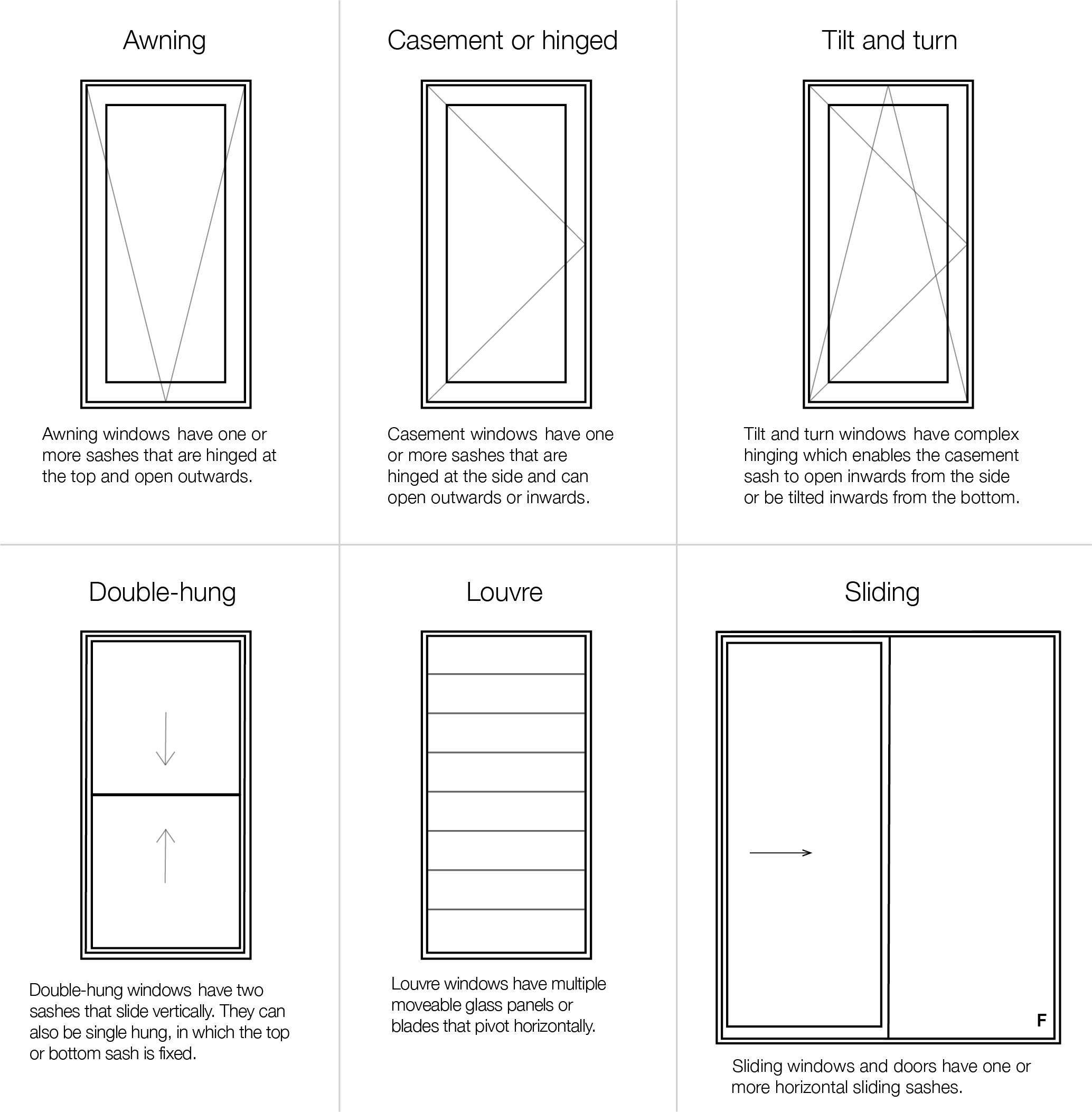All Categories
Featured
Table of Contents
Glazing And Glass Options - Smarter Homes in Kiara Perth
Glazing merely indicates the windows in your house, including both openable and fixed windows, as well as doors with glass and skylights. Glazing really just suggests the glass part, but it is typically utilized to describe all elements of an assembly consisting of glass, films, frames and home furnishings. Focusing on all of these elements will help you to achieve reliable passive design.

Energy-efficient glazing makes your house more comfortable and considerably decreases your energy expenses. Improper or inadequately developed glazing can be a major source of undesirable heat gain in summertime and considerable heat loss and condensation in winter. Up to 87% of a home's heating energy can be gotten and up to 40% lost through windows.
Double Glazing For Warmer Temperature : R/melbourne in Burswood WA
Glazing is a substantial investment in the quality of your house. The expense of glazing and the cost of heating and cooling your house are closely associated. An initial investment in energy-efficient windows, skylights and doors can significantly reduce your yearly heating & cooling expense. Energy-efficient glazing also reduces the peak heating and cooling load, which can minimize the needed size of an air-conditioning system by 30%, resulting in further expense savings.

This tool compares window choices to a base level aluminium window with 3mm clear glass. Understanding some of the crucial properties of glass will assist you to select the very best glazing for your home. Secret residential or commercial properties of glass Source: Adapted from the Australian Window Association The quantity of light that passes through the glazing is known as noticeable light transmittance (VLT) or noticeable transmittance (VT).
Energy Efficient Windows: Choose The Best Option For Your ... in Canning Vale Western Australia
This might lead you to turn on lights, which will lead to higher energy expenses. Conduction is how easily a material carries out heat. This is referred to as the U value. The U worth for windows (expressed as Uw), explains the conduction of the entire window (glass and frame together). The lower the U worth, the higher a window's resistance to heat circulation and the better its insulating value.
For instance, if your home has 70m2 of glazing with aluminium frames and clear glass with a U value of 6. 2W/m2 C, on a winter's night when it is 15C cooler outside compared with inside, the heat loss through the windows would be: 6. 2 15 70 = 6510W That is comparable to the overall heat output of a large room gas heating system or a 6.
Energy Efficient Windows: Choose The Best Option For Your ... in Applecross Perth

If you choose a window with half the U value (3. 1W/m2 C) (for example, double glazing with an argon-filled space and less-conductive frames), you can cut in half the heat loss: 3. 1 15 70 = 3255W The solar heat gain coefficient (SHGC) for windows (revealed as SHGCw) determines how readily heat from direct sunshine streams through a whole window (glass and frame together).
The lower a window's SHGC, the less solar heat it transmits to your house interior. Glazing makers declare an SHGC for each window type and design. The real SHGC for windows is impacted by the angle that solar radiation strikes the glass. This is referred to as the angle of occurrence.
Double Glazing - About Windows - Window Film Excellence in Floreat WA
When the sun is perpendicular (at 90) to the glass, it has an angle of occurrence of 0 and the window will experience the optimum possible solar heat gain. The SHGC declared by glazing manufacturers is always computed as having a 0 angle of incidence. As the angle increases, more solar radiation is shown, and less is sent.
Table of Contents
Latest Posts
Single, Double Or Secondary Glazing, Which Is The Best ... in Leda WA
Double Glazed Windows Brisbane in Lockridge Western Australia
Double Glazing Vs. Triple Glazing: Which Is Worth It? in Palmyra Perth
More
Latest Posts
Single, Double Or Secondary Glazing, Which Is The Best ... in Leda WA
Double Glazed Windows Brisbane in Lockridge Western Australia
Double Glazing Vs. Triple Glazing: Which Is Worth It? in Palmyra Perth